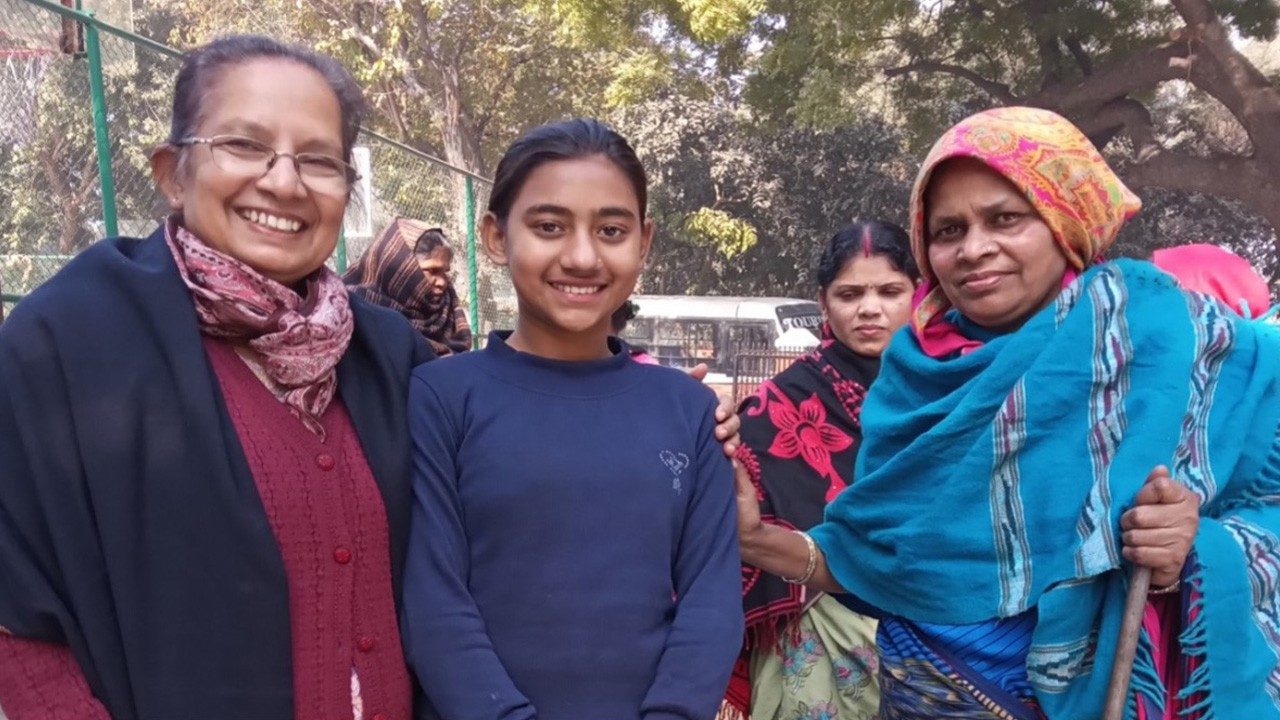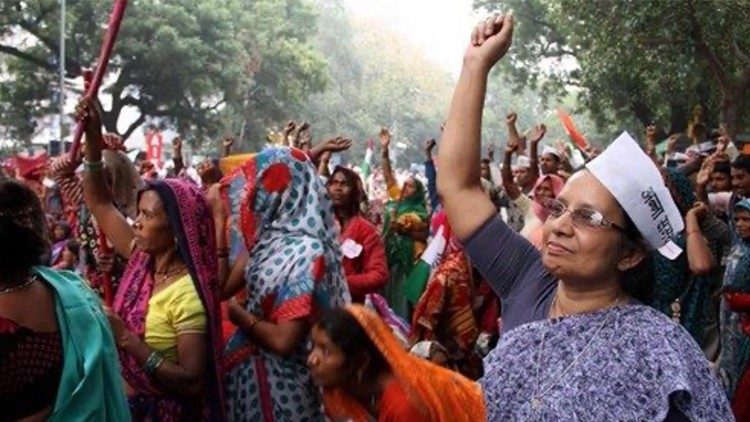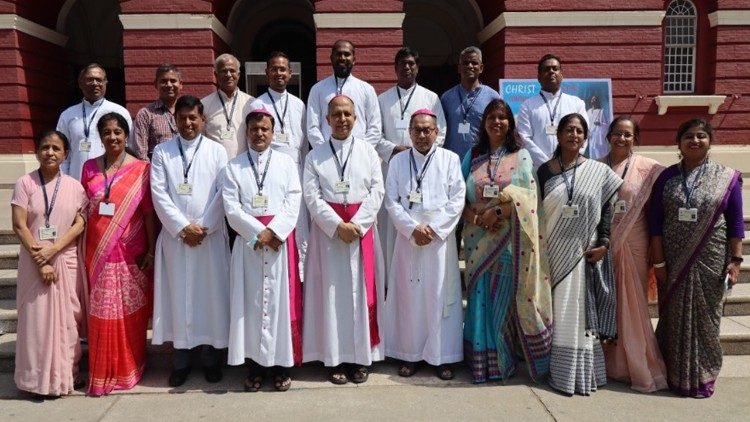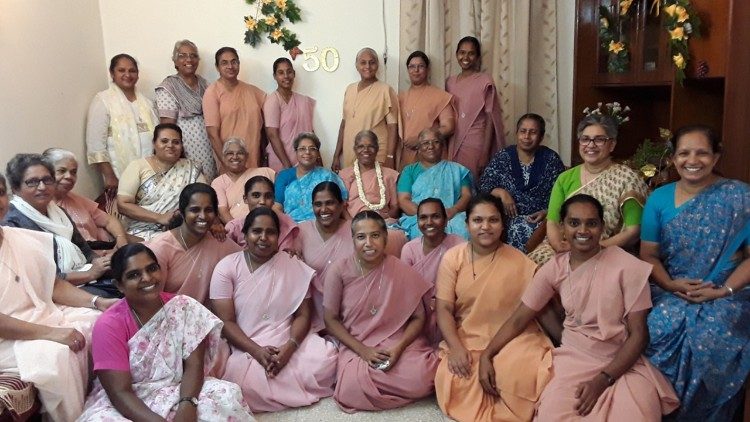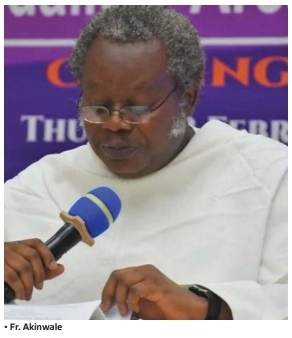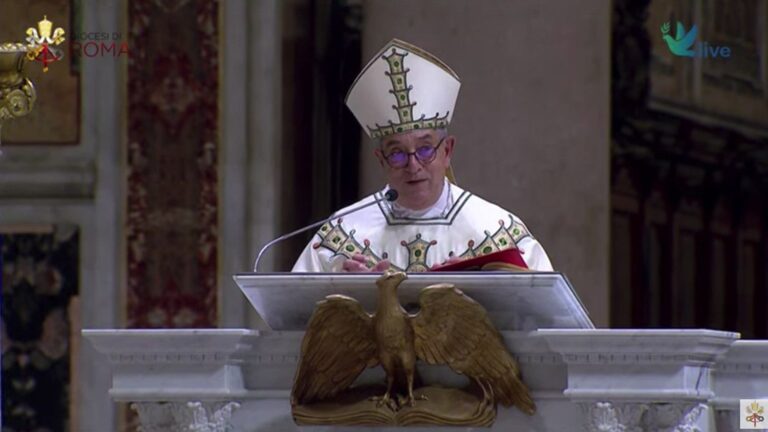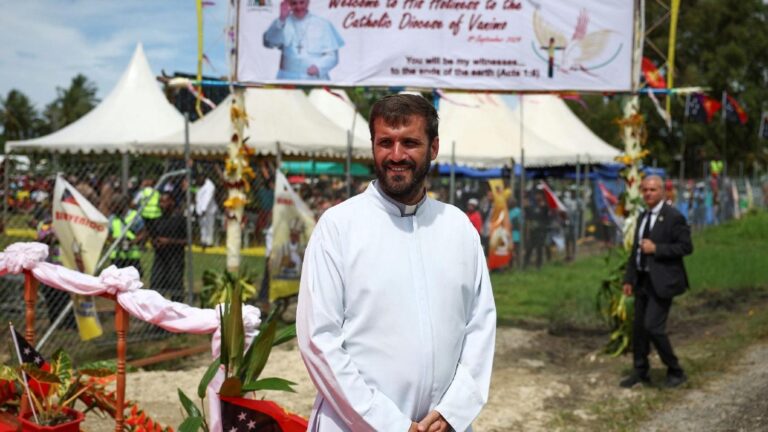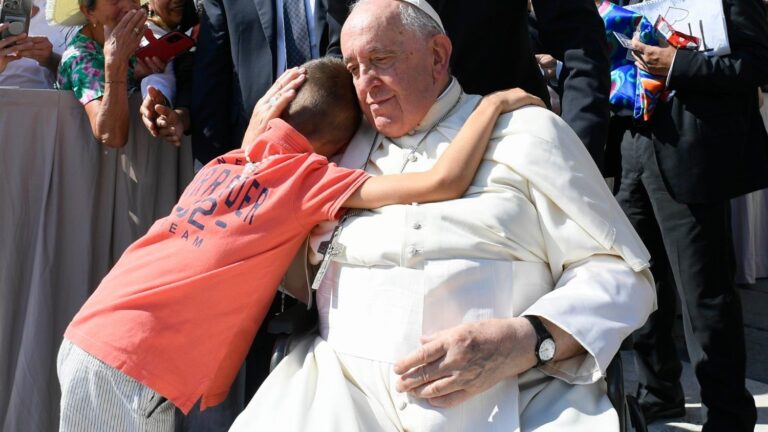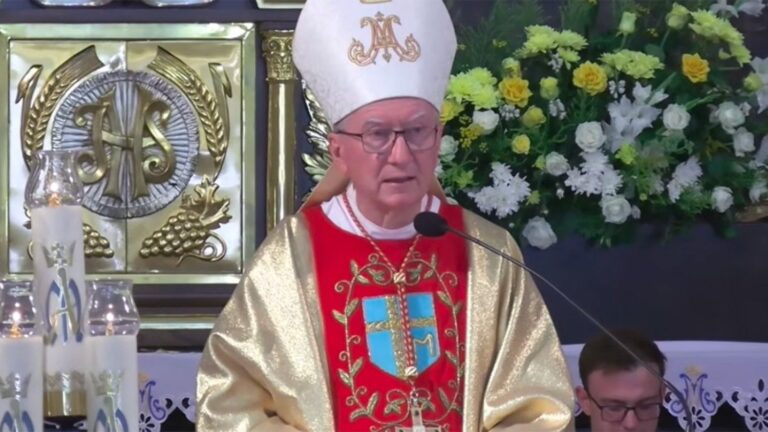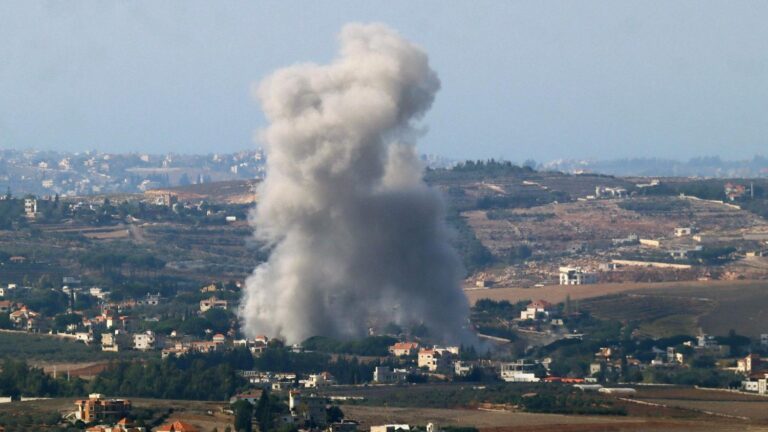India: Religious sister teaching theology from the peripheries
Vatican news
Sister Shalini Mulackal, a professor at Vidyajyoti College of Theology, shares her experience of teaching contextual theology, taking her students into the slums of the Indian city of Delhi to engage them more deeply in promoting the cause of the poor.
By Sister Greta Pereira, OCV
Sister Shalini Mulackal has been a professor of systematic theology at Vidyajyoti, a leading Jesuit theological college in Delhi, India, since 1999. While pursuing her master’s degree at the same college, she lived in the middle of a slum, where her community lived and worked.
Her experience in the slums became the basis for her consistent use of the contextual method of theology, which seeks to bring about transformation in individuals and society. While teaching, she continued to visit the slums with students and guide them in their theological reflection.
Exposure to the peripheries
Sister Shalini has been an inspiration to many young theologians in India because of her particular way of “doing theology.” She often takes her students into the slums, to those who literally live on the outskirts, for example in a garbage dump.
Together with the students, Sister Shalini often participated in protest rallies of women fighting against violence and rape, as well as in demonstrations of displaced and discriminated people against large-scale projects. Their participation was a symbolic act of solidarity with groups deprived of their basic human rights.
Sister Shalinni says her driving force as a teacher has been “passion for Christ and compassion for victims of unjust social systems.”
Contextual Theology
Sister Shalini believes that the purpose of theology is to bring about transformation in both the individual and society. Therefore, theology must be approached in the context and through the experience of the poor.
Her teaching method aims to emphasize the need to adopt a preferential option for the poor and to instill the same flame in her students. “Through my teaching, my examples and my interactions with students,” she told Vatican News, “I hoped that at least some students would become truly committed to serving the poor.”
Need a female perspective
Sister Shalini is a strong advocate for integrating women’s perspectives into all disciplines of theology and all aspects of church life. “Our current system of seminary formation needs to change,” she said. “Church leaders responsible for seminary formation in India will need to consider how more women can be involved in seminary formation and teaching.”
Sister Shalini has been contributing to the ongoing synodal process, both in the Archdiocese of Delhi and the Catholic Bishops’ Conference of India (CCBI). As she went through the ten-page synthesis report from various Latin Rite dioceses in India, she recalled how women were moved to tears when they had, for the first time, the opportunity to speak without fear and be listened to.
“The Church, under the leadership of Pope Francis, is certainly making every effort to listen to women and respond to their situation,” Sister Shalini said. “For example, Pope Francis recently appointed three women to the Dicastery for Bishops. In 2020, he appointed six women to the Vatican’s Council on the Economy. Pope Francis also allowed women to vote in the Synod on Synodality.”
The nuns of the future
Sister Shalini is convinced that today more than ever, the world needs committed religious women who bear witness through their lives.
She believes they must meet new needs as counselors, mentors, spiritual guides, theologians, therapists, pastoral ministers, human rights activists and environmentalists.
Vatican news
sc
